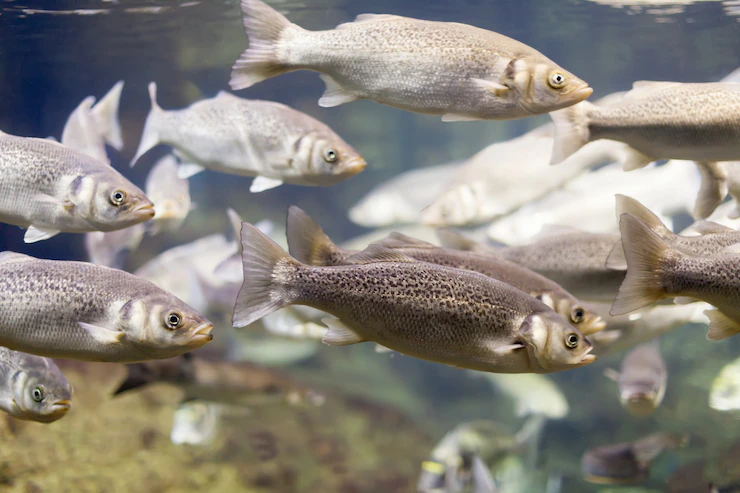Fish farming, also known as aquaculture, is a rapidly growing industry in South Africa. Whether you’re an aspiring fish farmer or considering expanding your agricultural endeavors, understanding the key aspects of fish farming is crucial for success. In this article, we will explore 10 important things you should know before venturing into fish farming in South Africa.
- Research and Knowledge: Before starting a fish farming business, conduct thorough research and acquire comprehensive knowledge about different fish species, farming techniques, regulations, market demands, and industry trends. Familiarize yourself with the local aquaculture sector and seek advice from experts or existing fish farmers.
- Suitable Fish Species: Choose fish species that are well-suited to South African conditions and market preferences. Tilapia, catfish, trout, and koi are commonly farmed in South Africa. Consider factors such as growth rate, feed conversion efficiency, market value, and adaptability to local water conditions.
- Aquaculture System: Select the appropriate aquaculture system based on available resources, space, and desired fish species. Common systems include ponds, recirculating aquaculture systems (RAS), and tanks. Each system has its own advantages, considerations, and management requirements.
- Water Source and Quality: Access to a reliable and clean water source is crucial for fish farming. Assess the quality of the water source, ensuring it is free from pollutants and suitable for fish production. Conduct regular water testing to monitor parameters like pH, temperature, oxygen levels, and ammonia content.
- Feeding and Nutrition: Develop a well-balanced and species-specific feeding program for your fish. Consult with an aquaculture nutritionist to formulate diets that meet the nutritional requirements at different stages of growth. Consider using high-quality commercial feeds or exploring alternative feed sources for cost-effectiveness.
- Health Management: Maintaining fish health is essential for a successful fish farming operation. Implement a preventive health management plan, including regular health assessments, vaccination protocols (if applicable), and disease monitoring. Work closely with a veterinarian specializing in aquaculture.
- Environmental Considerations: Fish farming can have an impact on the environment. Implement sustainable practices to minimize negative effects, such as managing water use efficiently, preventing water pollution, and conserving energy. Comply with environmental regulations and seek guidance from relevant authorities.
- Market Research and Sales: Conduct market research to identify potential buyers and understand market demands for your chosen fish species. Build relationships with local fish markets, retailers, restaurants, and potential customers. Consider value-adding options such as processing and packaging to diversify your products.
- Licensing and Regulations: Obtain the necessary permits and licenses required for fish farming in South Africa. Familiarize yourself with national and provincial regulations regarding water usage, environmental compliance, and fish health management. Ensure compliance with standards set by the Department of Agriculture, Fisheries, and Forestry (DAFF).
- Financial Planning: Create a comprehensive business plan that includes investment costs, operational expenses, projected income, and potential risks. Consider factors such as infrastructure, fish stock, feeds, labor, and marketing expenses. Seek financial advice and explore funding options if needed.
Fish farming offers significant opportunities for agricultural diversification and economic growth in South Africa. By considering aspects such as species selection, aquaculture systems, water quality, feeding, health management, environmental sustainability, market research, licensing, and financial planning, you can set yourself up for success in the aquaculture industry. Embrace the challenges and continuously update your knowledge and skills to adapt to the evolving needs of fish farming. With dedication and proper management, fish farming can be a profitable and sustainable venture in South Africa, contributing to food security and economic development.
Join 'Farmers Mag' WhatsApp Channel
Get the latest Farming news and tips delivered straight to your WhatsApp
CLICK HERE TO JOIN






